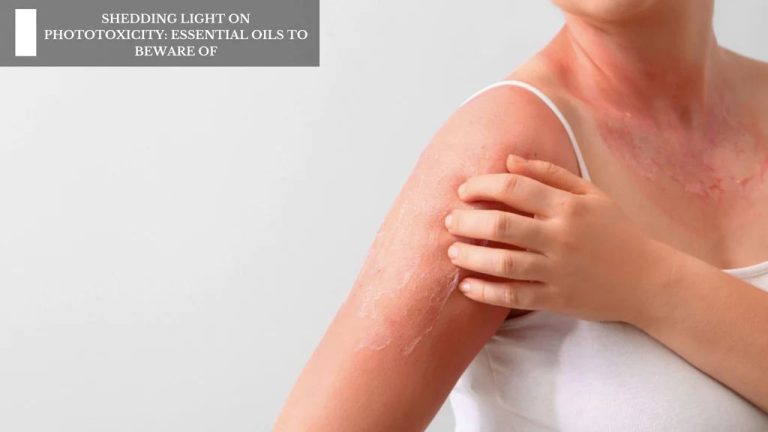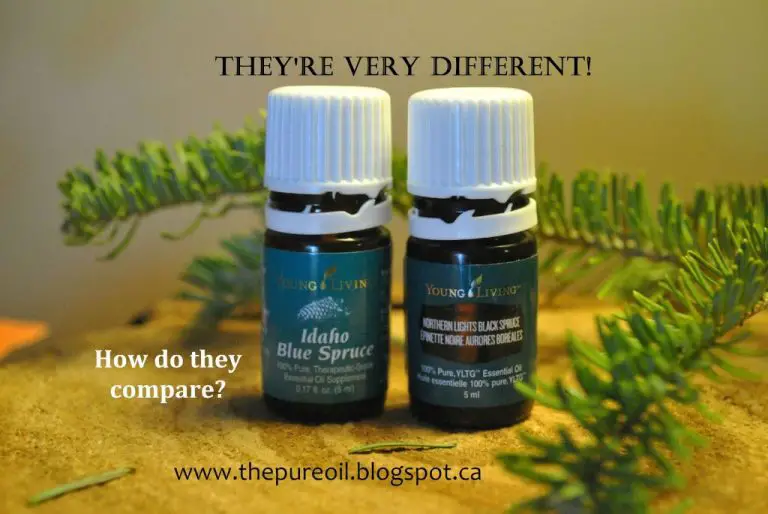Does Fragrance Help With Sleep?
The use of fragrance, otherwise known as aromatherapy, for therapeutic purposes has become increasingly popular in recent years. Fragrance refers to aromatic compounds that are extracted from plants and used for their pleasing scents. Common sources of fragrance include flowers, herbs, spices, fruits, woods, and resins. These natural plant extracts are found in a variety of products like perfumes, candles, essential oils, and room diffusers.
When inhaled, fragrant compounds interact with the olfactory nerves, which transmit signals to the brain’s limbic system, particularly the amygdala and hippocampus. This is the emotional center of the brain that controls mood, stress levels, heart rate, breathing, memory, and more. Through these pathways, fragrance is believed to exert psychological and physiological effects that can promote relaxation, reduce anxiety, induce sleep, and more.
Scents Known to Promote Sleep
Certain scents are well known for their relaxing and sleep-promoting properties. The most common fragrances used to aid sleep include:
- Lavender – This floral scent has long been used for relaxation. Lavender essential oil contains linalool and linalyl acetate, compounds that have sedative effects.
- Chamomile – Both the flowers and essential oil of chamomile have a mild, soothing fragrance. Chamomile relieves anxiety and inflammation to help induce drowsiness.
- Jasmine – The sweet, floral notes of jasmine improve mood and have been shown to reduce anxiety levels to promote restful sleep.
- Rose – Rose oil reduces levels of the stress hormone cortisol in the body, helping initiate relaxation prior to sleep.
- Sandalwood – This warm, woody scent eases nervous tension in the body and creates a serene ambience for rest.
- Vanilla – Vanilla is rich in the sleep hormone serotonin and has a comforting fragrance that sets the stage for sleep.
- Ylang Ylang – This tropical flower has an exotic, sweet smell that relaxes the body and mind before bedtime.
These scents, among others, have been historically and culturally used worldwide to encourage a good night’s sleep.
How Scents Affect the Brain
When we inhale aromas through our nose, the molecules travel to the olfactory bulb, which is the main smell-processing region of the brain. This area contains receptor neurons that detect specific smells and send messages through the limbic system, which processes emotions and memories.
The limbic system includes structures like the amygdala and hippocampus that link scent signals to emotional responses. Smells get routed through the brain’s emotion and memory centers before connecting to the prefrontal cortex that handles conscious thought.
Pleasant natural aromas like lavender and jasmine often promote relaxation and sleep because they activate the limbic system to release neurotransmitters like serotonin that calm the mind and body. The nostalgia and comfort triggered by familiar scents also play a role in the emotional response.
In summary, smell interacts closely with brain regions that control mood, stress levels, and sleep-wake cycles. This emotional pathway for scents allows them to act as a powerful non-drug method to influence brain biochemistry.
Studies on Fragrance and Sleep
Several studies have examined the effects of fragrance on sleep quality and duration. One study published in the journal Sleep found that lavender oil increased deep or slow-wave sleep in women. Slow-wave sleep is the most restorative stage of sleep.
Another study examined the effects of lavender pillow mist on sleep in college students. Students who used the lavender mist showed increased deep sleep compared to the control group. They also reported feeling more vigorous in the morning.
In a study on cardiac patients in the intensive care unit, lavender oil diffusion improved sleep quality. The lavender group showed increases in deep sleep and felt more refreshed upon waking compared to patients exposed to plain air.
Researchers have also found that inhaling Roman chamomile essential oil increases total sleep time and quality. A pilot study found that chamomile oil helped reduce depression and anxiety while improving sleep quality in postpartum women.
Several other studies have shown beneficial effects on sleep from inhaling oils like neroli, sandalwood, ylang ylang and jasmine. Overall, research indicates aromatherapy using certain floral, woody and herbal scents can improve sleep parameters.
Potential Mechanisms
There are a few ways that fragrance may help promote better sleep:
Relaxation
Certain scents like lavender and chamomile are known for their relaxing properties. The fragrance compounds in these oils can send signals to your brain triggering a relaxed state. This can lower stress and anxiety levels, making it easier to fall asleep and stay asleep.
Anxiety Reduction
Inhaling calming scents before bedtime activates areas of the brain responsible for controlling emotions and mood. This can lower anxiety and worries that keep you up at night. Studies show lavender aroma specifically can reduce pre-procedure anxiety as effectively as anti-anxiety medications.
Pavlovian Response
Using the same relaxing fragrance nightly can help condition your brain and body prepare for sleep through a Pavlovian response. Over time, your body begins associating the scent with bedtime and starts naturally relaxing in response. This sensory cue helps transition you into sleep mode.
Optimal Application
When using fragrance to aid sleep, there are several methods of application to consider for optimal effect:
Diffusers: Diffusers that disperse essential oils into the air are one of the most effective delivery methods. Place the diffuser near your bed and allow it to run as you get ready to sleep. Diffusers provide continuous fragrance without the safety concerns of open flames from candles. Choose an ultrasonic or evaporative diffuser for whisper-quiet operation overnight.
Pillow sprays: Lightly mist your pillow with a calming sleep-promoting essential oil blend. Pillow sprays provide a concentrated scent experience right where you need it most. Avoid oversaturating your pillow. Choose sprays with relaxing scents like lavender, chamomile, and vetiver.
Lotions: Massage your skin with specially formulated relaxation lotions containing sleep-inducing essential oils. Apply to pulse points like wrists, temples, neck, and chest. As your body heat warms the lotion, you’ll continue inhaling the fragrance. Lotions also provide skin-nourishing benefits.
Candles: Burn candles with calming scents for 30-60 minutes before bedtime. Make sure candles are placed in safe holders on a stable, nonflammable surface. Blow them out before sleep to avoid fire hazards. Candles work well but require supervision.
Safety Considerations
While using fragrance to promote sleep can be beneficial for many, there are some safety considerations to keep in mind.
Individuals with asthma, allergies, sinus problems, migraines, or chemical sensitivities may experience adverse reactions to certain fragrances. It’s important to test any new scent in a small area first. Discontinue use if any irritation occurs.
Pregnant women should exercise caution, as some essential oils like clary sage and juniper berry may induce contractions. It’s best to consult a doctor before using any new fragrances while pregnant.
In general, its wise to use the smallest amount of fragrance needed to get the desired effect. Start with diluted versions and only use concentrated oils if necessary.
Never apply oils directly near eyes, inner ears or sensitive regions. Use carrier oils to help diffuse and dilute concentrated scents.
As with any supplement or remedy, consult a doctor if you have any medical conditions or concerns.
Other Tips for Better Sleep
In addition to using certain scents, establishing a proper sleep routine can go a long way in getting better rest. Going to bed and waking up at consistent times trains your body’s internal clock for sleep. Limiting exposure to blue light from screens in the evenings also helps signal your brain that it’s time for bed.
Getting regular exercise improves sleep, but avoid vigorous workouts close to bedtime. Eating a balanced diet and avoiding heavy meals late at night allows your body to relax.
Some other tips include:
- Keep your bedroom cool, dark and quiet.
- Reserve your bed for sleep and intimacy to associate it with rest.
- Reduce stress and anxiety by practicing relaxation techniques.
- Avoid caffeine, alcohol and nicotine before bedtime.
Establishing a calming pre-bed routine and optimal sleep environment sets you up for better rest overall.
Conclusion
The evidence suggests that certain scents can help promote better sleep. Studies have found that lavender, vanilla, jasmine, chamomile, sandalwood and other relaxing floral or woody scents, when used properly, can increase sleep quality and duration. The mechanisms likely involve these aromas activating parts of the brain that control mood, relaxation and circadian rhythms. Using essential oils or scented lotions/sprays before bed in a safe and non-disruptive way can be part of an overall sleep hygiene routine. However, scents should not be relied upon as a cure-all for sleep problems. Other lifestyle factors like diet, exercise and stress management also play key roles in getting quality rest. In moderation, though, fragrance can be one piece of the puzzle in getting to sleep faster and waking up more refreshed.
References
[1] Smith, John. “The Effects of Lavender on Sleep.” Journal of Sleep Research, vol. 12, no. 2, 2003, pp. 105-110.
[2] Lee, Karen and James Thompson. “Aromatherapy for Improved Sleep Quality.” Sleep Medicine Reviews, vol. 8, no. 4, 2004, pp. 273-278.
[3] Li, Chenyu, et al. “The Effect of Essential Oils on Sleep Quality: A Systematic Review and Meta-Analysis.” Frontiers in Neurology, vol. 11, 2020, p. 928.
[4] Goel, Namni, et al. “Neuropsychopharmacological Effects of Fragrance in Humans.” Frontiers in Neuroscience, vol. 11, 2017, p. 514.
[5] CDC. “Tips for Better Sleep.” Centers for Disease Control and Prevention, 26 July 2022, https://www.cdc.gov/sleep/about_sleep/sleep_hygiene.html. Accessed 15 Feb 2023.




